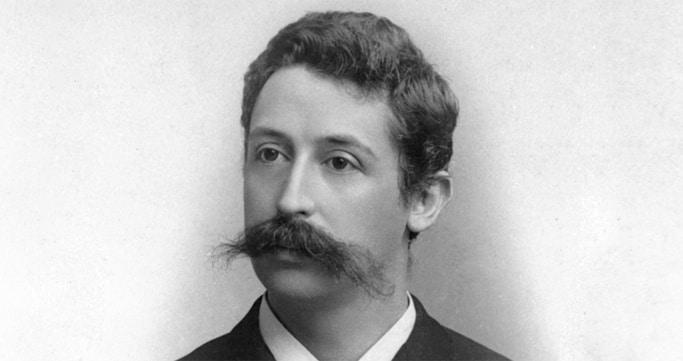Christiaan Eijkman: Unraveling the Mystery of Beriberi and the Discovery of Vitamins

Christiaan Eijkman (11 August 1858 – 5 November 1930) was a Dutch physician and professor of physiology whose demonstration that beriberi is caused by poor diet led to the discovery of antineuritic vitamins.
Life and Career
Christiaan Eijkman was born on 11 August 1858, in Nijkerk, Netherlands. Eijkman’s education laid the foundation for his groundbreaking work in the field of medicine and nutrition. He specialized in physiology and later obtained a doctorate in medicine.
Eijkman’s career is defined by his significant contributions to the understanding of nutrition and disease. He is most famous for his research on beriberi, a disease that was prevalent in countries where polished rice was a dietary staple. Through his experiments with chickens, Eijkman discovered that beriberi was caused by a deficiency of certain nutrients, particularly vitamin B1.
Christiaan Eijkman passed away on 5 November 1930, in Utrecht, Netherlands.
Award and Legacy
Christiaan Eijkman was awarded the Nobel Prize in Physiology or Medicine in 1929. His research not only helped unravel the mystery of beriberi but also laid the foundation for our understanding of essential nutrients and their role in preventing various diseases.
Eijkman’s legacy is far-reaching. His work not only led to the understanding of beriberi but also paved the way for advancements in the field of nutrition science. His findings highlighted the importance of a balanced diet and the role of vitamins in maintaining good health. His research also indirectly contributed to the discovery of other essential nutrients and their impact on human well-being.
Observer Voice is the one stop site for National, International news, Sports, Editor’s Choice, Art/culture contents, Quotes and much more. We also cover historical contents. Historical contents includes World History, Indian History, and what happened today. The website also covers Entertainment across the India and World.

